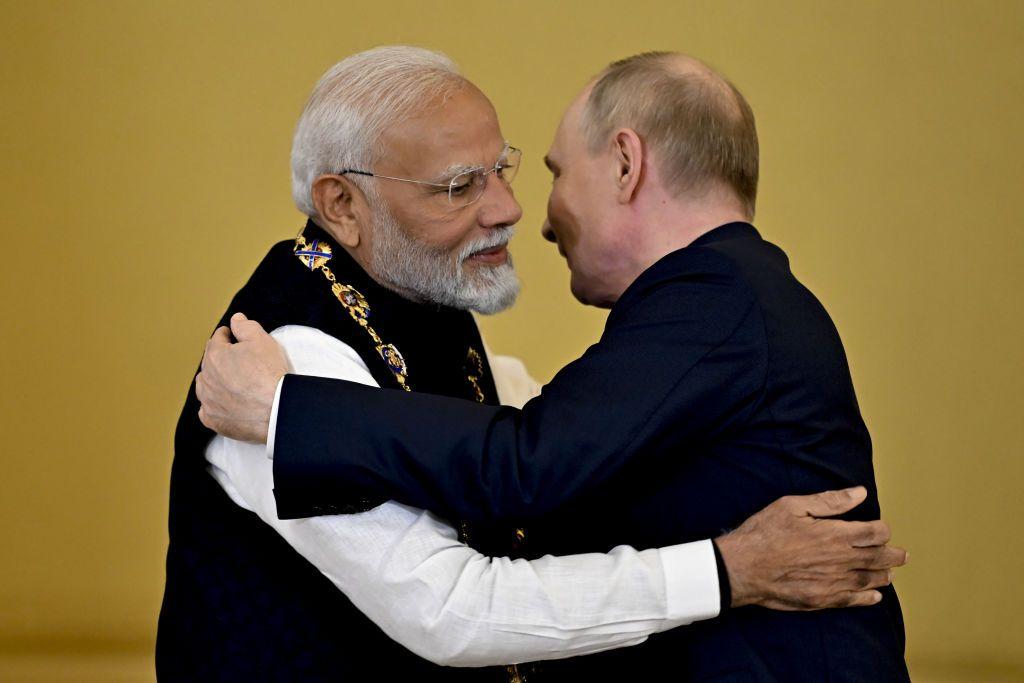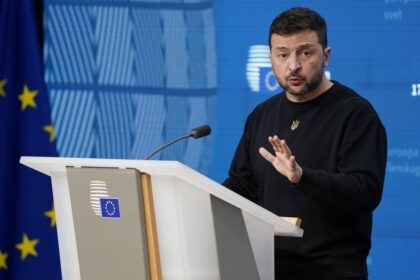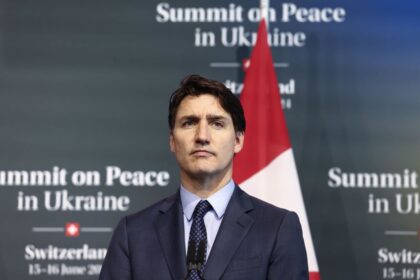**India’s State-Owned Refineries Stop Buying Russian Oil Amid Tariff Threats**
In a move that has significant implications for the global oil market, India’s state-owned refineries have suspended purchases of Russian oil. This decision comes amidst threats from US President Donald Trump to impose tariffs on countries continuing to buy Russian crude oil.
According to Reuters, citing sources familiar with procurement plans, state-owned refiners such as Indian Oil, Hindustan Petroleum, and Bharat Petroleum have not purchased Russian oil over the past week. These companies typically buy Russian crude on a delivered basis but have now turned to spot markets to replace lost volumes. They are sourcing Middle Eastern grades like Abu Dhabi’s Murban and West African crude.
**India’s Dependence on Russian Oil**
India has long been dependent on Middle Eastern oil, but after Russia launched its full-scale invasion of Ukraine in 2022, the country sharply increased imports from Moscow. Taking advantage of deep discounts and falling European demand, India became one of the leading buyers of Russian oil, second only to China.
**Tariff Threats**
US President Donald Trump has been threatening to impose a 25% tariff on India starting August 1 as he rebuked New Delhi for its purchases of Russian energy and arms amid the war in Ukraine. Earlier, Trump threatened to impose a 100% tariff on countries that continued purchasing Russian crude oil.
**Impact on Indian Refiners**
While private refiners such as Reliance Industries and Nayara Energy are India’s largest buyers of Russian oil, state-owned companies account for over 60% of the country’s total refining capacity of 5.2 million barrels per day. This suspension in Russian oil purchases is likely to have a significant impact on these state-owned refineries.
**Global Implications**
The US has been imposing various deadlines on its trading partners to reach deals before tariffs may be reintroduced. The impact of India’s decision to suspend Russian oil purchases will be closely watched by the global oil market, as it tries to navigate the complex web of trade tensions and economic concerns.
Read More @ kyivindependent.com












